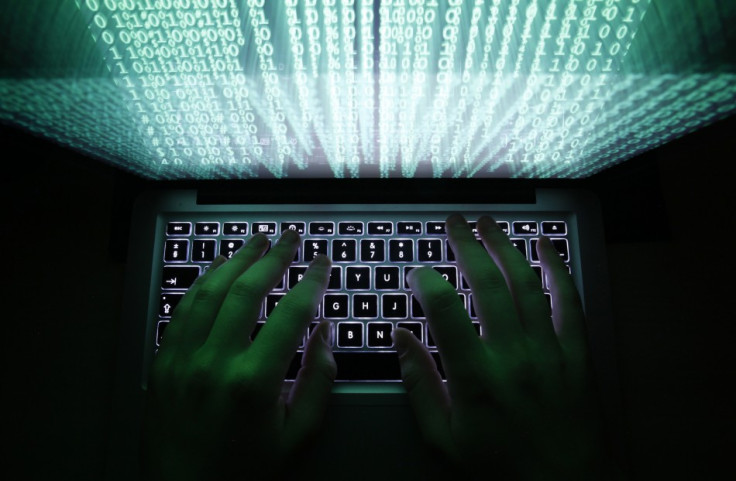Britain: Cyber-Attacks on 'Industrial Scale' Steal Business Secrets
More than 70 cyber-attacks against British government and industrial organisations are being carried out every month, the Government Communications Headquarters (GCHQ) has said.

In a report to the BBC, Sir Iain Lobban, director of GCHQ, said foreign hackers were stealing business secrets on an "industrial scale", targeting information such as design documents:
"People are going after intellectual property and then seeking to translate it into national gain. We started a couple of years ago thinking this was going to be very much about the defence sector but really it's any intellectual property that can be harvested.
"These threats are real, they're sophisticated, they do financial and reputational damage," added Sir Michael Rake, president of business lobbying group the Confederation of British Industry (CBI).
"There's been a lot of concern around espionage in gaining information of advanced planning and design and it is critical because one of our big strengths in the UK is our design capabilities."
Lobban said that it was difficult to publicly attribute attacks but added that GCHQ was "sure" who was about where they were originating:
"Attribution can be very hard and it's very difficult to do attribution in real time but over a period you can build up a pretty strong idea," said Lobban, adding that in many cases foreign cyber-attacks were ""state-sponsored."
The head of Mi5's cyber-intelligence division, who asked not to be named, also spoke to the BBC, confirming that foreign intelligence services were hacking British systems to obtain information on business and intellectual property:
"There are now three certainties in life - there's death, there's taxes and there's a foreign intelligence service on your system. There are hostile foreign states out there who are interested in a company's mergers and acquisitions activity; their joint venture intentions; their strategic direction over the next few years. That information would be valuable to that country's state owned enterprises."
Though GCHQ has not attributed attacks to any specific foreign intelligence service, the United States previously implicated China in cyber-attacks against American businesses.
China, Saudi threat
In a recent annual report to US Congress, The Pentagon raised "serious concern" over efforts by China to hack into and monitor private and public businesses. The Department of Homeland Security had previously issued a report to US business owners warning them of cyber-attacks from both China and Saudi Arabia.
Congressman Mike Rogers, chairman of the House Intelligence Committee, said that blueprints belonging to US business were being turned against them:
"Blueprints for products that make them successful are being stolen at a breath-taking pace, taken back to China, repurposed and then they re-engineer it and then compete against those companies with those products which they've stolen."
Chinese officials however claim that the US is also widely involved with stealing state secrets via cyber-espionage. The country's state newspaper, China Daily, called The Pentagon's accusations "groundless", saying the US had "set up an imaginary enemy so as to get more financial support and legal basis for its cyber army expansion."
Professor Xu Guangyu, a former general in the People's Liberation Army, said too much control of cyber-space was available to the United States:
"Getting hold of technological secrets so that you can learn from another country is nothing new. It happened well before the advent of cyberspace. The main thing is that the control of cyberspace is too concentrated in the hands of the United States."
NSA: We steal secrets too
Both the GCHQ and the American National Security Agency (NSA) are currently embroiled in the Prism scandal, after former NSA contractor Edward Snowden produced documents alleging that both organisations are involved in monitoring the communications data of both foreign and domestic citizens.
It was recently alleged that the NSA also targeted the international embassies of several US allies, including Germany, France and Japan.
Michael Hayden, former director of the NSA, defended the organisation foreign's intelligence operations, saying: "We steal secrets too... but we steal only those things that keep British or American subjects safe and free. We don't steal things to make Americans - or in GCHQ's case British - subjects rich. The Chinese do."
"I can say that any data obtained by us from any other nation which involves individuals in the UK is subject to proper UK statutory controls and safeguards," said Sir Ian Lobban. "The secret intelligence provided by all the UK security and intelligence agencies is vital to defeating terrorism and maintaining Britain's broader national security."
© Copyright IBTimes 2025. All rights reserved.






















